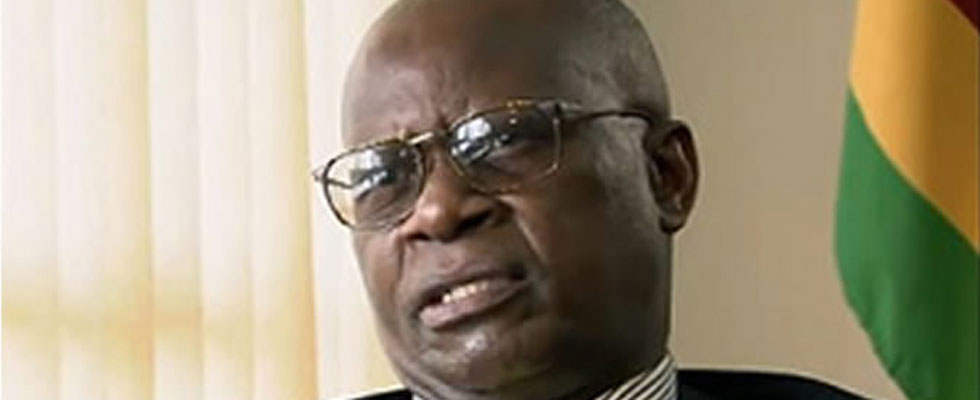
GOVERNMENT has changed its economic revival strategy hitherto focused on the Look East policy and is now looking everywhere around the world, including the country’s erstwhile enemies from the West for help.
BUSINESS REPORTER
For over a decade, the country has been focused on its Look East Policy in a bid to attract investment after relations with the West soured over alleged human rights abuses. But there has not been meaningful investment flowing from that direction, resulting in this major policy shift.
Finance minister Patrick Chinamasa conceded at an International Monetary Fund breakfast meeting recently that the country should look for investments from everywhere and not be limited to a certain area or place.
Itai Chirume, an executive director with MMC Capital, a local research firm, said in terms of the investment requirements, it has been recognised that there is need to embrace both the West and the East.
“We are casting our nets wide. When you look at both the West and the East and most of the investments come from the West anyway. The West already has a rapport because traditionally they have done it,” he said.
Chirume said the wide-casting of the nets showed that there was re-engagement between the West and Zimbabwe.
“It’s really a re-engagement, not change of policy. The western countries probably do not want to miss out on Zimbabwe’s recovery story and the United States dollar has potential and is fairly stable compared to other currencies,” he said. “It makes investment sense on the west side as [Zimbabwe] offers a minimum exchange rate risk.”
- Chamisa under fire over US$120K donation
- Mavhunga puts DeMbare into Chibuku quarterfinals
- Pension funds bet on Cabora Bassa oilfields
- Councils defy govt fire tender directive
Keep Reading
Political scientist, Ibbo Mandaza said the Look East policy was rhetorical as the Zimbabwean economy remained linked to the West both historically and economically.
Mandaza said the country had loan agreements with the IMF and the Paris Club and was a beneficiary of western aid as well. He said the country was reforming economically and was implementing the Staff Monitored Programme with a possibility of debt relief.
“Intrinsically, Zimbabwe has been linked to the west,” he said.
Media and democracy scholar Pedzisai Ruhanya said both Zimbabwe and the West were engaging each other. “The West is reaching out to Zimbabwe and government wants to revive industries and create jobs as enunciated in the Zim Asset. Foreign direct investment alone without addressing corruption will not assist. We need a holistic approach. We need to address the environment in which the businesses are operating,” Ruhanya said.
Zimbabwe recorded a trade surplus of US$156,3 million with the European union in the first nine months of 2013 up from $85 million recorded the same period in 2012.
In 2012, total trade between the two reached US800 million, up from US400 million dollars in 2009.
Zimbabwe’s exports to the EU comprise raw cane sugar, tobacco, non-industrial and industrial diamonds, refined copper, raw hides, citrus, cut flower, black fermented and partially fermented tea and leather.
South Africa accounts for 68% of the exports and is followed by United Arab Emirates at 6% and China at 5%.
Despite strained relations, the United States has been the leading provider of humanitarian assistance to Zimbabwe, providing more than US$1,4 billion in assistance from 2001.











